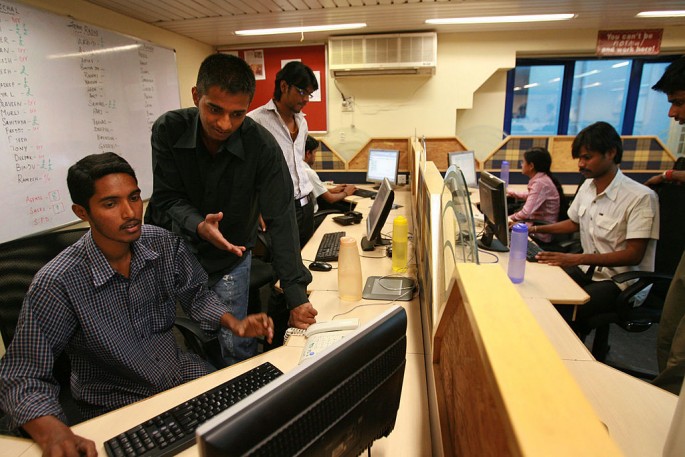As India’s tech bubble deflates, investment from Chinese companies may very well save Indian startups looking to raise capital, according to an article by Business Insider.
"The consensus in China seems to be that India will be the next growth engine for the entire global Internet market, because of its population, economic growth, and rising Internet penetration," said Alex Yao, senior vice president of Cheetah Mobile from Beijing. The company makes Android utility software.
Cheetah Mobile is rising to the occasion, planning a couple of Indian investments. The company already started the process last November, investing Rs880 million ($12 million) for Vishal Gondal's GOQii, a wearable fitness device maker.
The company plans to make 20 more investment deals over the span of two years, helping Cheetah Mobile effectively set up a base for its expansion plans in India.
If it were some other time, India might not have taken interest with such investment plans, but given the country's tech bubble is slowly deflating, fresh funds for Indian startups are becoming increasingly difficult to come by.
"It is getting harder to raise funds, that is true, but we have seen new sources of funds before," said Vani Kola, managing director at Kalaari Capital. "There are a good number of big Chinese tech players with billions on their balance sheets . . . we know many are looking to India."
Chinese tech giants playing a role in India's own industry was an idea borne out of Alibaba's aggressive investment strategy last year. Jack Ma, founder of the company, unveiled an investment worth $680 million into PayTM, a payments group. Alibaba also started to fund other companies like Snapdeal, India's second largest e-commerce website.
Following Alibaba, Tencent invested $90 million on Practo, a health technology group, last August.
Baidu is currently weighing its options in three Indian startups such as Zomato.
Xiaomi has also expressed interest in entering the scene.
Still, Indian startups don't want to rely too much on the illusion of Chinese investment.
"The idea that Chinese companies will swoop in and save bad businesses--that isn't going to happen," said Kola.



























